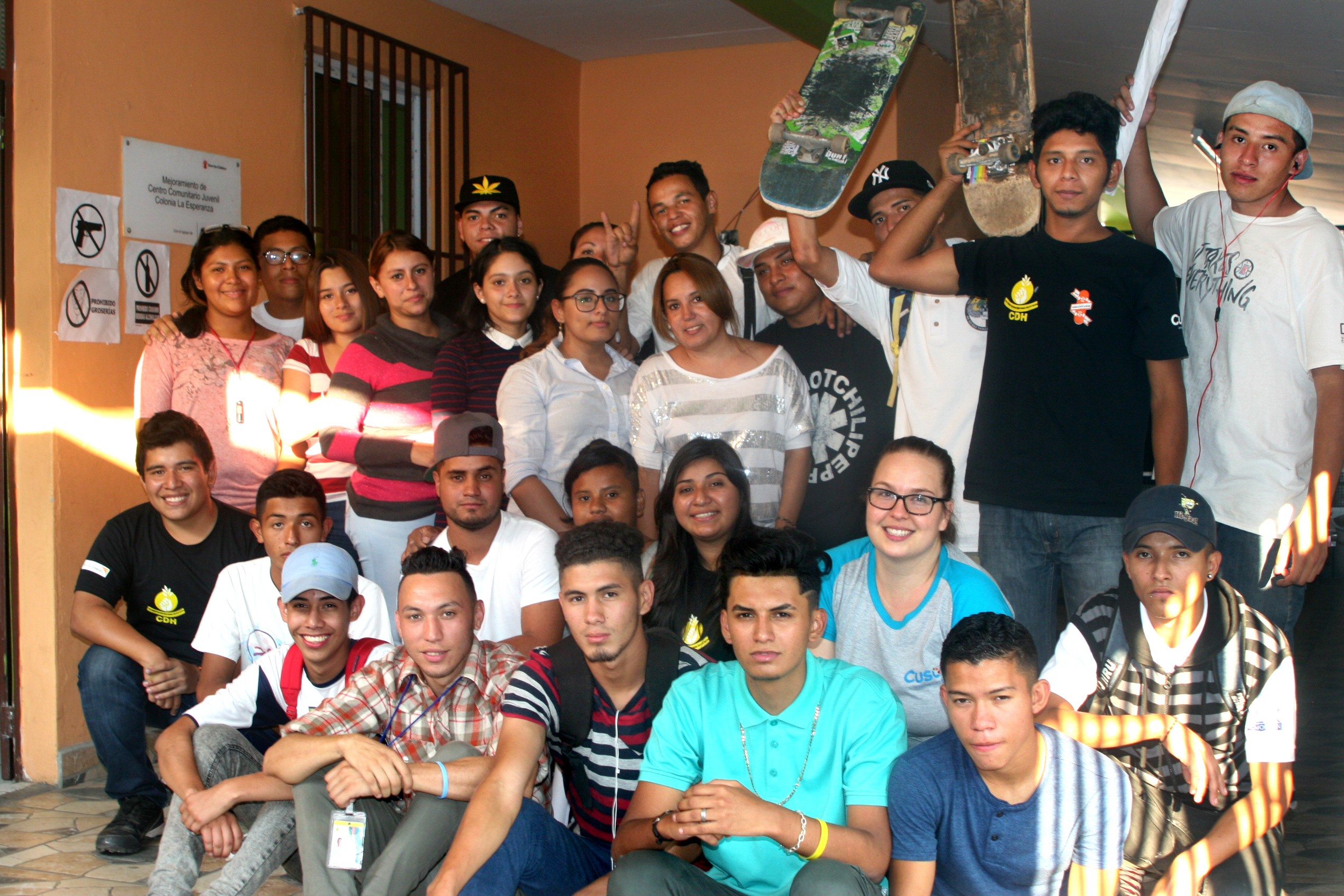Politically Activating Honduran Youth
Story

In a country where job opportunities are few and gang activity is constant, Lori Stamm, of Halifax, N.S., is working to empower the next generation of leaders and political activists in Honduras.
Stamm, a Cuso International volunteer has been in Tegucigalpa for more than two years working with disadvantaged youth. Among the projects she has worked on, she helped create an eight-day workshop that teaches young leaders, aged 18-30, about politics, advocacy and leadership skills. Already, 45 youth leaders from across Honduras have received the training and are committed to passing that knowledge on, having each completed the first series of similar workshops with a total of 675 youth in their own neighbourhoods.
“Most of the youth from Tegucigalpa who participate come from marginalized areas in the city. Many are living in areas without running water, electricity, and there is a lot of gang-violence,” said Stamm. “It’s hard for them to find work. Some companies even have policies not to hire people from the areas where they live because of the danger of extortion from gangs.”
Not only are the workshops teaching the youth leaderships skills, but they are also learning how to better advocate for themselves in politics. Already, many have become politically active, applying their new knowledge with confidence. “They just pushed forward for a municipal commission for youth, so at least one per cent of the government budget will be set aside for youth programming,” she said. “They consolidated the youth movement from various youth networks to do this.”
Right now, Stamm is assisting them in a campaign for their right to participate in political decisions. The youth are demanding government put in place a youth policy that is created with youth input. “They are coming forward and demanding their political rights to participate. They are organizing a big march to the National Congress in May, and Cuso International is helping to support them. The youth are running it themselves—we are just giving them materials, guidance, and funding which they couldn’t afford otherwise.”